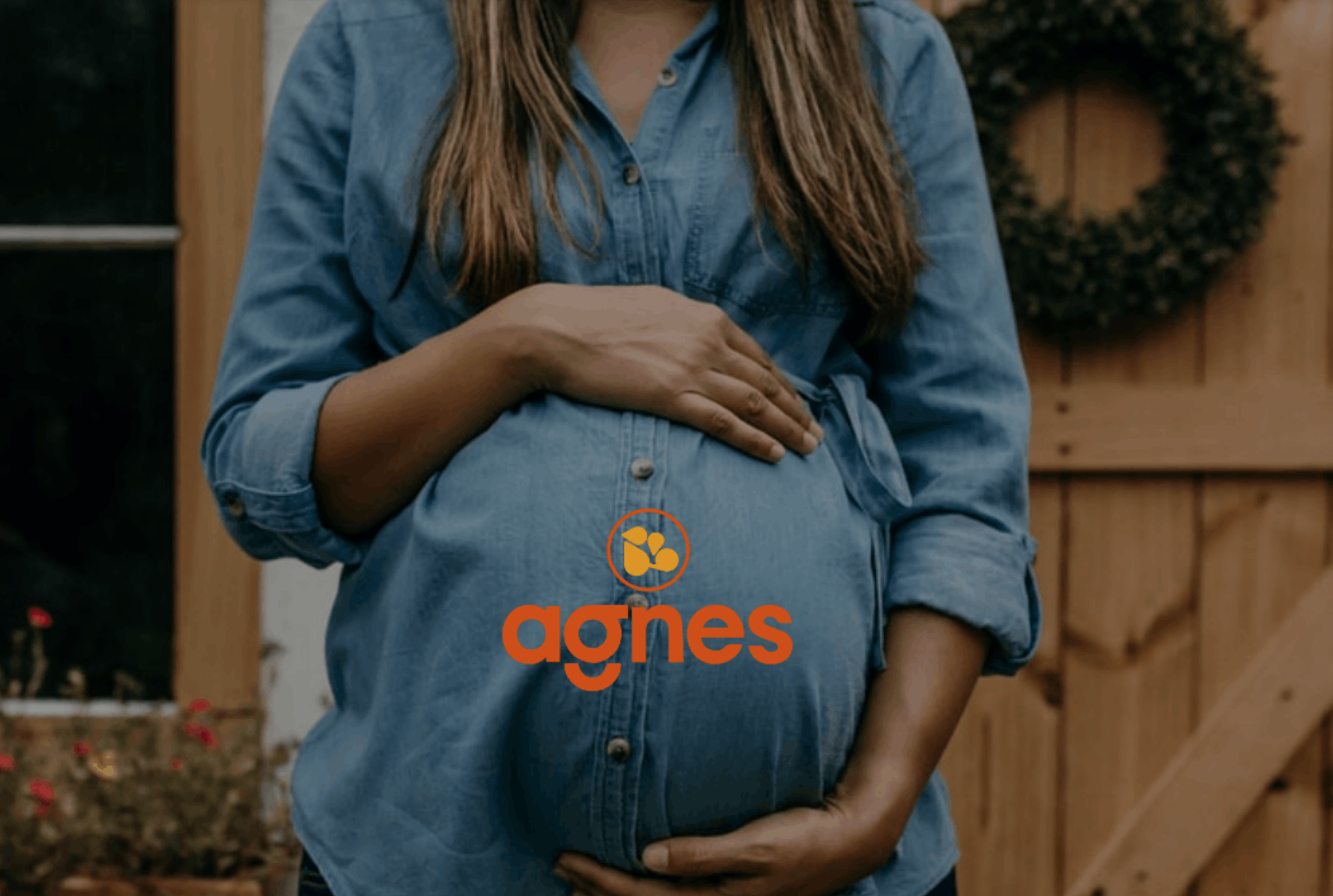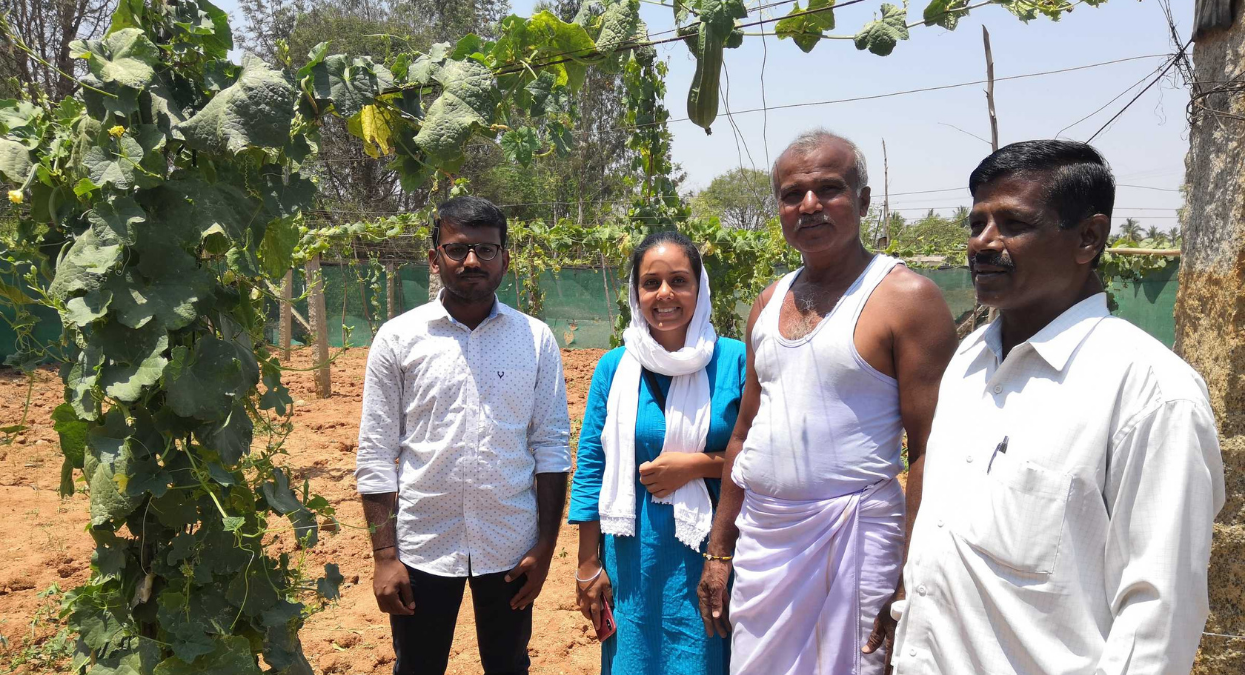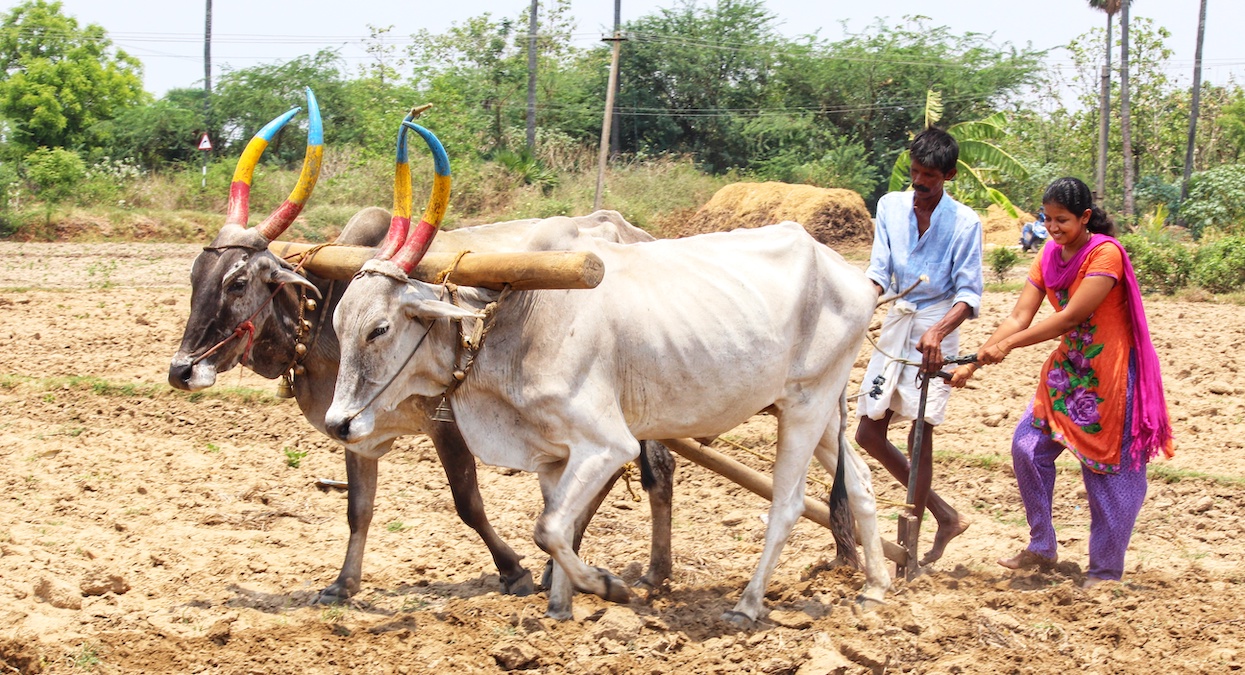FOLO, also known as Feed Our Loved Ones, is a community farm that originated from the vision of Malaysia Fellow Will Chua, and his co-founders. Their deep conviction to ensure their loved ones have access to nutrient dense, microbes-rich food led them to establish a farm community providing fresh organic vegetables to 150 families in Johor. Since 2015, the farm is the only one in Malaysia that successfully rescues and converts 3 to 4 tonnes of city food waste into compost every day, healing the soil and turning trash into treasure. All extra harvests are donated to low-income families regardless of race or religion.
But FOLO's success is not solely measured by profits and enterprise expansion. In 2014, when Will returned to his hometown in Johor after a year-long sabbatical, he and his friends discovered his loved ones were suffering from various ailments.
"Our parents were ill, our young people were getting mentally ill or getting all kinds of autoimmune disorders, chronic diseases, eczema, and cancer — I had a young friend who died of brain cancer."
This eye-opening experience made Will, who had once believed in the conventional business success of profit above all else, realize there is more to life than material wealth.
Motivated by his newfound perspective and the pursuit of a more meaningful way of living and being, Will made the courageous decision to leave his successful career in international affairs and economic development, and embrace a simpler life in order to care for his loved ones.
During this time, his childhood friends also returned to Johor to care for their own loved ones. Recognizing the urgency and necessity of finding an immediate solution to improve their community's health and well-being, FOLO came into existence.
"We did some research, and we thought, let's start a small farm, grow organic, nutrient-dense food, and feed our loved ones. "
-1.jpg)
Nourishing lives, nurturing community
Similar to many other social enterprises, FOLO initially had a dual focus: achieve financial sustainability and expand the impact of their organic farm. Their ambitious goals included establishing 10 urban farms, 100 rural or semi-urban/composting farms, and a 1000-acre campus dedicated to teaching the community about farming.
However, as time went on, Will realized their success didn’t need to be defined by conventional terms, such as growth and expansion in order to be truly successful. He had an aha moment when he realized:
"We can have a vision but we also have to let it go and allow things to happen naturally. Just like a forest, you need to allow organisms to flow in order to see growth in biodiversity and complexity. "
For Will and his co-founders, the true measure of success lies in ensuring their loved ones are well-nourished, both with healthy food and with a strong sense of community and meaningful connection to nature. These elements, according to Will, are the real wealth in life, and the key to healing and transformation for those who are unwell.
"Not only do we feed you with healthy food, but we also feed you with community, meaning, and connection to nature. Unless we can do these four things for those we love, there is no point in doing it at scale or on a large scale."
After nearly a decade of growth, FOLO has gained recognition as an exemplary model for social enterprises. This has attracted interest from potential investors and collaborators.
Nonetheless, their focus remains on creating impactful movements rather than pursuing extensive expansion at a large scale. Even when partnership opportunities arise, Will approaches them with wisdom, taking the necessary time to ensure alignment with FOLO's core values.
"The main challenge of running FOLO is to resist the temptation of spreading ourselves too thin, too quickly. We are reminded to always stay true to our values when it comes to making partnerships."
-1.jpg)
Fueled by the 'gift economy'
FOLO values trust and relationships over profits. Instead of selling their harvests in supermarkets, where they could gain larger profit, FOLO remains committed to their founding reasons of ensuring their loved ones are fed with good relationships and nutritious food. Instead, FOLO offers vegetable subscriptions to families and individuals.
Subscribers participate in a prepayment system where they pay in advance for a 24-week share of the fruits and vegetables cultivated by local farmers. They then collect their harvest on weekends. This unique arrangement facilitates risk sharing within the community, relieving farmers from the burden of meeting production targets and reducing their pressure, particularly during unfavorable weather conditions. It also enables farmers to farm without cash flow and price stress, and not be forced to use harmful chemicals and pesticides, resulting in better health for them too.
"When the weather is favorable, everybody gets a big box and we donate a lot of vegetables to the poor. When the weather is bad, everybody gets half a box and everyone is okay with it. It is a win-win. "
Will calls this the "gift economy" in action since it reduces pressure on farmers to produce specific quantities and fosters a strong community bond between the farmers and the families. As a result, vegetable subscription renewal rates are high.
"The farmers know who they are farming for and everyone receives a gift — whether it is friendship, fresh vegetables, or money for the farmers. This is the ‘gift economy’ at work. "
FOLO also extends the gift economy philosophy to the public. Interested individuals can learn from them organic farming methods and ways to run a social enterprise that benefit all. These lessons and skills are offered without expecting monetary compensation.

-1.jpg)


